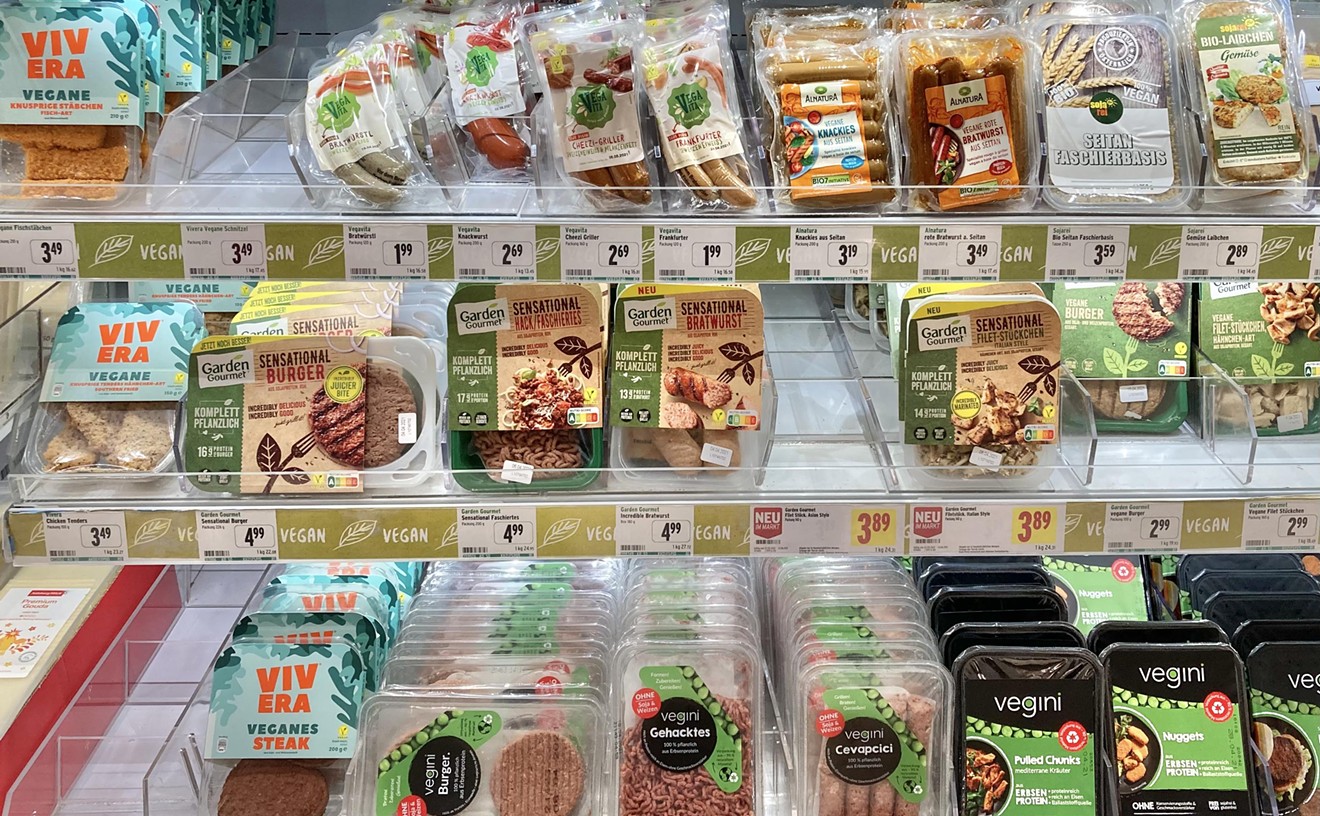Hoping for a decline in the price of organic produce anytime soon? That probably isn't going to happen, if a recent study published in Nature is any indication. And get rid of any notions that organic farming is, by definition, better for the Earth.
The "meta-analysis" reveals that certain types of conventional farms continue to outperform organic farms, with researchers reporting: "Our analysis of available data shows that, overall, organic yields are typically lower than conventional yields." The worst performers were organic vegetable and cereal (corn, wheat, etc.) which lagged in production by 35 percent and 26 percent to that of conventional farming techniques.
Other types of organic farms fared better, though. Organic legumes, fruits, oilseed and perennials performed at or only slightly below conventional farms of similar types.
One of the main criticisms of organic farming techniques is that they would need to have larger farms to compensate for their lower output, and still meet consumer demand at a reasonable price point. One of the biggest environmental problems posed by farming, in general, is that it uses large tracts of land that tend to disrupt local ecology and cut down on biodiversity. Therefore, there are troubling implications if an organic cabbage farm needs to be 35 percent larger than its conventional counterpart just to keep up.
It's not all bad news, though, so dry those tears, you lovers of everything organic. The study goes on to say, "But these yield differences are highly contextual, depending on system and site characteristics . . ."
This means that though, on the whole, organic farms aren't matching performance with conventional farms, there are some that are doing as well or better than conventional farms. As a hypothetical example, it probably would not be surprising to find that an organic pineapple farm in Washington might not be doing as well as a similar farm in Hawaii. What's more, the study indicates that organic farms take a couple of years to get up to speed. This is largely because it takes a couple of years before organic-farming techniques can enhance soil quality to the level that conventional farms achieve by using industrial-farming techniques.
So it's possible that advances in organic-farming techniques and practices could result in equivalent yields on crops grown in the climate most appropriate to them. More importantly it's important to consider when and where conventional or organic farming might be better suited. Or as the study's authors say in their abstract, "To establish organic agriculture as an important tool in sustainable food production, the factors limiting organic yields need to be more fully understood, alongside assessments of the many social, environmental and economic benefits of organic farming systems."
Via: Ars Technica










